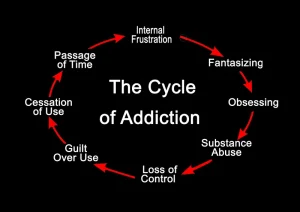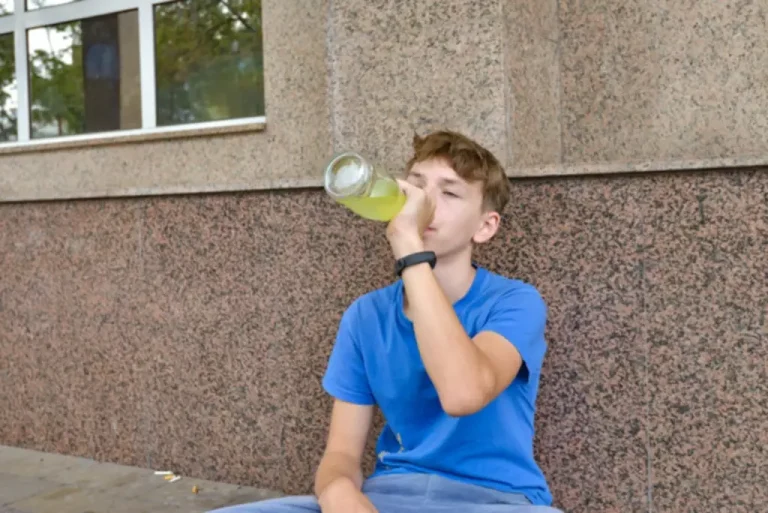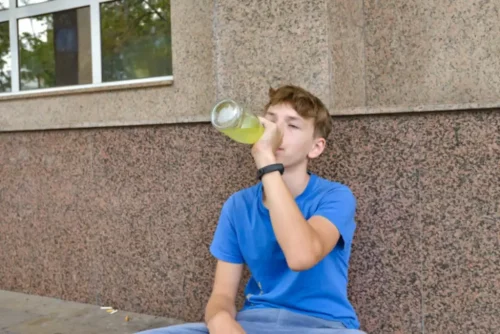
Waking up with a hangover is bad enough, but why do you shake after drinking? You’ll also want to eliminate foods and beverages that make you feel jittery. Caffeine can make you feel shaky even if your body isn’t reacting to a lack of alcohol. Tremors usually begin within 5 to 10 hours after someone’s last drink. Find a brighter tomorrow by starting with our compassionate team of medical professionals and recovery specialists today.
Eating Before and During Alcohol Consumption
If you’re being hard on yourself about what you did under the influence of alcohol, self-compassion can help. Nicotine, recreational drugs, and more alcohol should also be avoided. At Archstone Behavioral Health, we understand that the cost of rehab often discourages people from seeking help. That’s why our goal is to make rehab accessible through a variety of rehab insurance coverage plans we have on offer. We invite you to learn more about them and let our team help you find the right insurance option for you or your loved one.
Embrace Your Recovery Journey with the Help of Our Florida Detox and Treatment Center. Sobriety Begins Here.
One of the symptoms of alcohol tremors happens after binge drinking or drinking for an extended time. It’s struggling to adapt to the changing alcohol levels in the system. There are a few different possible causes, although they all often look the same to the observer. They should all be taken as a warning sign that there is too much alcohol in the body.

Sleep apnea

BetterHelp offers affordable mental health care via phone, video, or live-chat. Damage to the cerebellum caused by alcohol can lead to an intention tremor. This specific type of trembling is most noticeable when someone makes a purposeful move towards an item or object. These adjustments in brain chemistry are partly why those experiencing high alcohol tolerance often don’t seem drunk. At least one small study has shown some hangover treatment benefits from an over-the-counter remedy that contains milk thistle, thiamine, and antioxidants, but more research is needed.

Sign up to our Newsletters by Email
- On the other hand, if you have severe withdrawal that progresses to seizures or delirium tremens, hospital treatment will likely be warranted.
- In some people, too much caffeine can increase heart rate and blood pressure and cause anxiety and nervousness.
- Alcohol is a diuretic, which means it increases urine production and can lead to dehydration.
- If you suddenly stop drinking, you may experience symptoms of alcohol withdrawal.
- Stop drinking completely when you’ve reached your limit (or before then).
The symptoms of alcohol withdrawal typically begin a few hours after the last drink and peak within hours. However, for individuals who engage in heavy and prolonged alcohol consumption, symptoms may not appear until several days after quitting drinking. Recognizing alcohol dependency is crucial for understanding the causes behind shaking after drinking. Identifying the signs and symptoms of alcohol dependency can help individuals seek proper medical assistance to address their condition effectively. You may also need to get tested for other medical problems that could be connected to your alcohol abuse. Moving forward, you may also need to go to patient and family counseling to discuss your alcoholism.
Do NOT Drink More Alcohol To Fix Your Shakes
More research is needed to find the exact cause of wine headache. These signs may indicate more than just a hangover and could be a result of other underlying health conditions. Electrolytes, such as potassium, sodium, and shaking the morning after drinking magnesium, play a vital role in regulating muscle and nerve function. Excessive alcohol consumption can disrupt the balance of electrolytes in the body, leading to an electrolyte imbalance.
